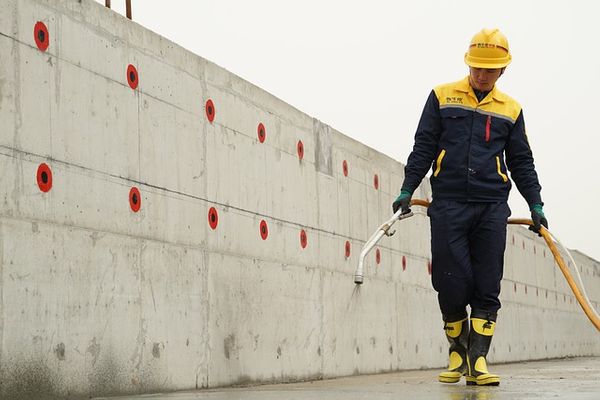Importance of Waterproofing as a Requirement in the Developer’s Turnover Inspection Report

After the tragic events surrounding the Surfside collapse in June of 2021, the Condominium Law and Policy on Life Safety Issues Advisory Task Force (“Task Force”) released twelve different recommendations to Governor Ron DeSantis and other lawmakers (which Haber Law previously summarized here), in an effort to prevent similar tragedies and provide for the safety of condominium residents. Since July 1, 2008, Florida Chapter 718 has required that at turnover of control of the condominium association to the non-developer unit owners, a developer must provide an inspection report with the seal of an engineer or architect, verifying the required maintenance, useful life, and replacement cost of various items. The items that must be included in developer turnover inspection reports currently include: the roof, structure, fireproofing and fire protection systems, elevators, heating and cooling systems, plumbing, electrical systems, swimming pools or spa and equipment, seawalls, pavement and parking areas, drainage systems, painting, and irrigation systems. However, one such recommendation provided by the Task Force was to enhance and expand the requirements regarding the developer turnover report to include waterproofing in the list of mandatory components.
As evidenced by the Task Force’s recommendation, waterproofing is an important aspect of constructing buildings and maintaining them thereafter, especially in Florida. Waterproofing is essentially what it sounds like. It provides for barrier protection by protecting a building’s components, such as concrete, against water intrusion. When waterproofing is not installed correctly or not maintained, it allows for moisture to enter into the building’s components, causing them to deteriorate. In the case of concrete, for example, without waterproofing’s protection, moisture can be absorbed by the concrete which then causes the reinforcement within the concrete to corrode.
So why is it important that the 2022 legislative session follow up on the Task Force’s recommendation to add waterproofing to the developer turnover inspection report when an association takes over? Such a requirement would increase the transparency between the developer and the association that will then be responsible for the maintenance and repair of such waterproofing. Additionally, by requiring an architect or engineer to indicate how to maintain the waterproofing and provide the expected useful life and replacement cost of such waterproofing, associations will be put on notice of how to maintain or fix such waterproofing if and when needed. This includes not just how to maintain the waterproofing, but the expected cost of having to replace it when needed. Furthermore, this requirement could also help associations pinpoint true defects in the waterproofing in the future if needed. For example, if a turnover report states the waterproofing’s useful life is twenty years, but the waterproofing begins to fail after ten, the association could use the report as a starting point to diagnose the issues and chart the proper course of action, which may include claims against the parties involved during original construction. These are just some of the reasons why waterproofing should be added to the list of items that need to be attested to by an engineer or architect at the time of turnover. Doing so would greatly benefit all condominium associations across the State moving forward.
